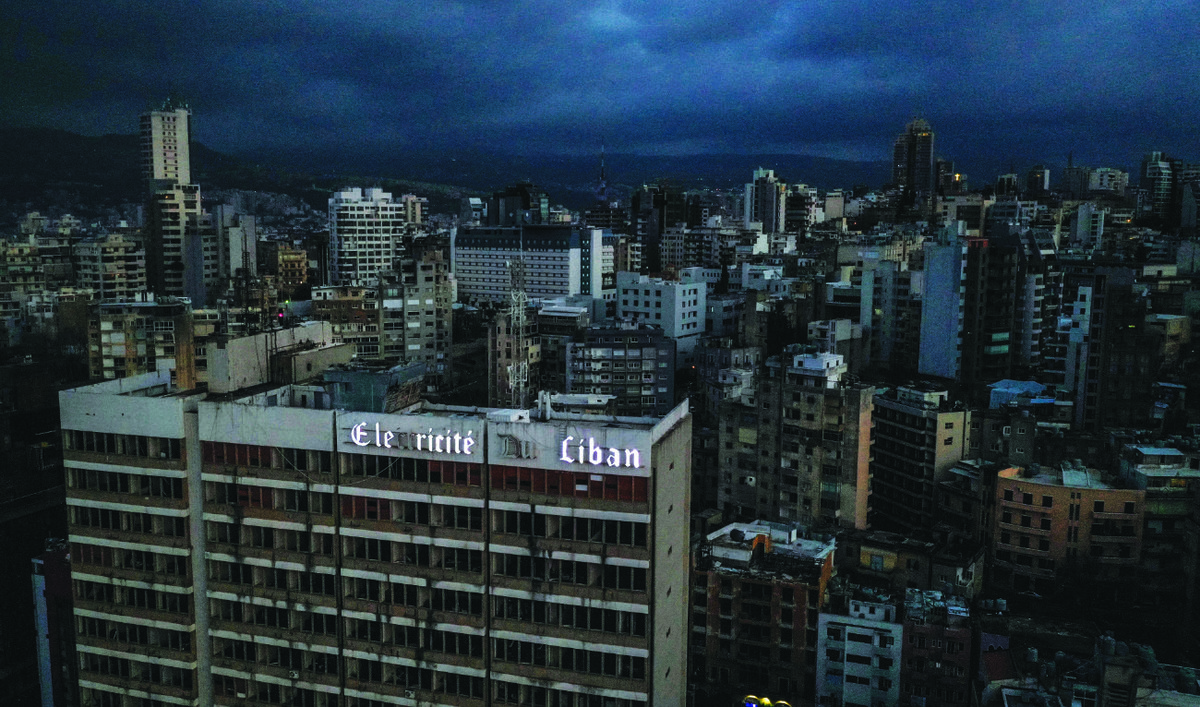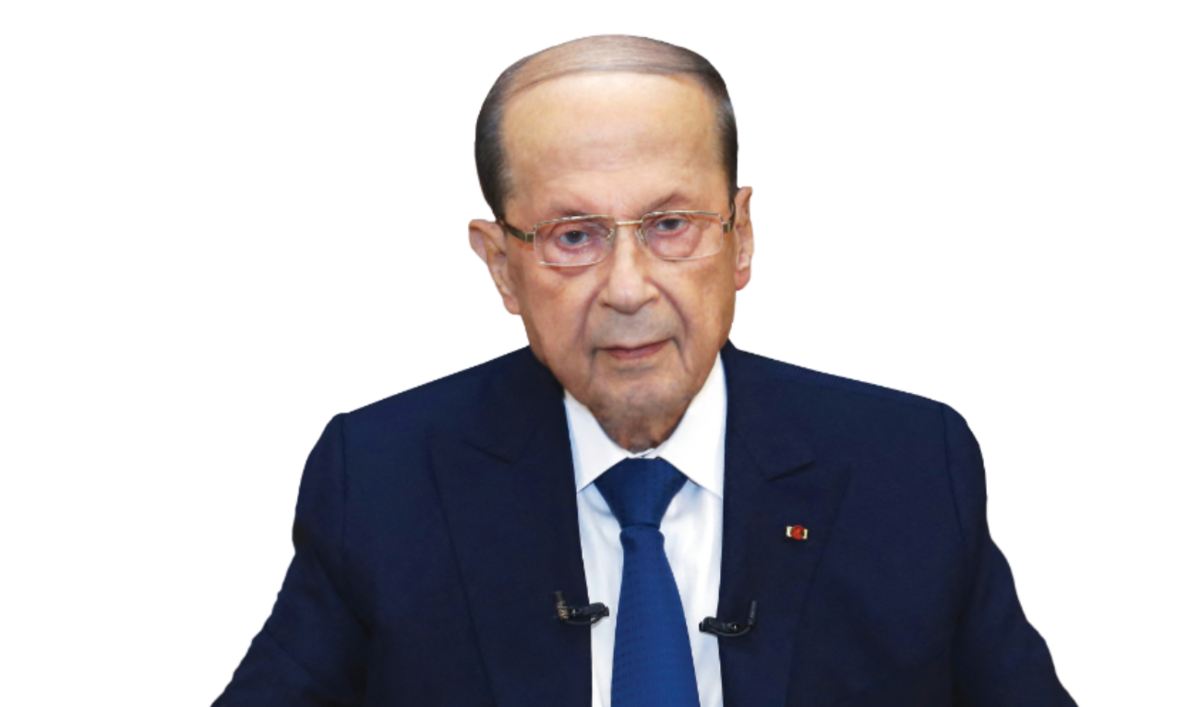UN ‘extremely worried’ about plight of migrants in Libyan detention centers
NEW YORK: UN human rights experts are “extremely worried” about the suffering of migrants and asylum seekers held in detention centers in Libya. Detainees are subjected to “a myriad of daily violations and abuses at the hands of both state and non-state actors,” they said.
Marta Hurtado, spokesperson for the UN’s Office of the High Commissioner for Human Rights, on Tuesday highlighted a spike in the number of raids on migrants and asylum seekers, resulting in deaths and injuries, and an increase in the numbers of people being detained in dire conditions.
She also noted a growing number of expulsions from the country without due process in violation of the principle of non-refoulement, the practice of not forcing refugees and asylum seekers to return to a place where they might face persecution or death.
Hurtado gave as an example the death of one person and the detention of 4,000 people during a raid by Ministry of Interior officials on a settlement in Gergaresh, west of Tripoli, that housed migrants and asylum seekers awaiting the completion of the resettlement process. During the raid women, children and men were arrested and handcuffed, she said.
“Security forces used unnecessary and disproportionate force to detain them, including shooting and beating those who resisted or tried to escape,” she added.
Detainees were transferred to a government-run detention center in Tripoli and detained in “extremely overcrowded cells, (in) unsanitary conditions (and) with little access to food or water,” Hurtado said.
Those who tried to escape from the center were fired on by guards using live ammunition, she added. At least four were killed and many more were injured, although the true number of casualties “remains unknown.”
“This series of horrific events over a period of eight days is just the latest example of the precarious, sometimes lethal, situation facing migrants and asylum seekers in Libya,” Hurtado said.
“They are criminalized solely for their migration status, are routinely detained in abhorrent conditions, are frequently subjected to extortion and abuse, and in some cases killed.”
A recent report by the Independent Fact-finding Mission on Libya determined that the “systematic violations” inflicted on migrants could amount to crimes against humanity.
Although the OHCHR acknowledged a promise by the Libyan government to release some of the migrants, it said that “they should not have been detained in the first place” and reminded the authorities of their “obligation to protect everyone on their territory, including migrants and asylum seekers.”
It urged Libyan officials to order an independent investigation into allegations of disproportionate use of force by the security forces and affiliated armed groups and to hold them accountable for their actions. The office also called for the release of all arbitrarily detained migrants and asylum seekers, a halt to raids on their settlements, an end to deportations, and the provision of safe accommodation with adequate access to healthcare, food and water.
The OHCHR statement comes after UN Secretary-General Antonio Guterres welcomed the agreement reached in Geneva on Friday by the 5+5 Libyan Joint Military Commission on a process for the withdrawal of mercenaries and foreign fighters from the country.
Guterres said the action plan is “a cornerstone in the implementation of the October 2020 ceasefire agreement,” as he called on Libyan and international authorities to act on it.
“The secretary-general trusts that the deployment of an initial team of United Nations ceasefire monitors will contribute to creating the conditions for successful implementation of the action plan,” said spokesperson Stephane Dujarric.

Migrants in Libya fearful and angry after crackdown and killingsUN officials say guards kill 6 migrants detained in Libya






